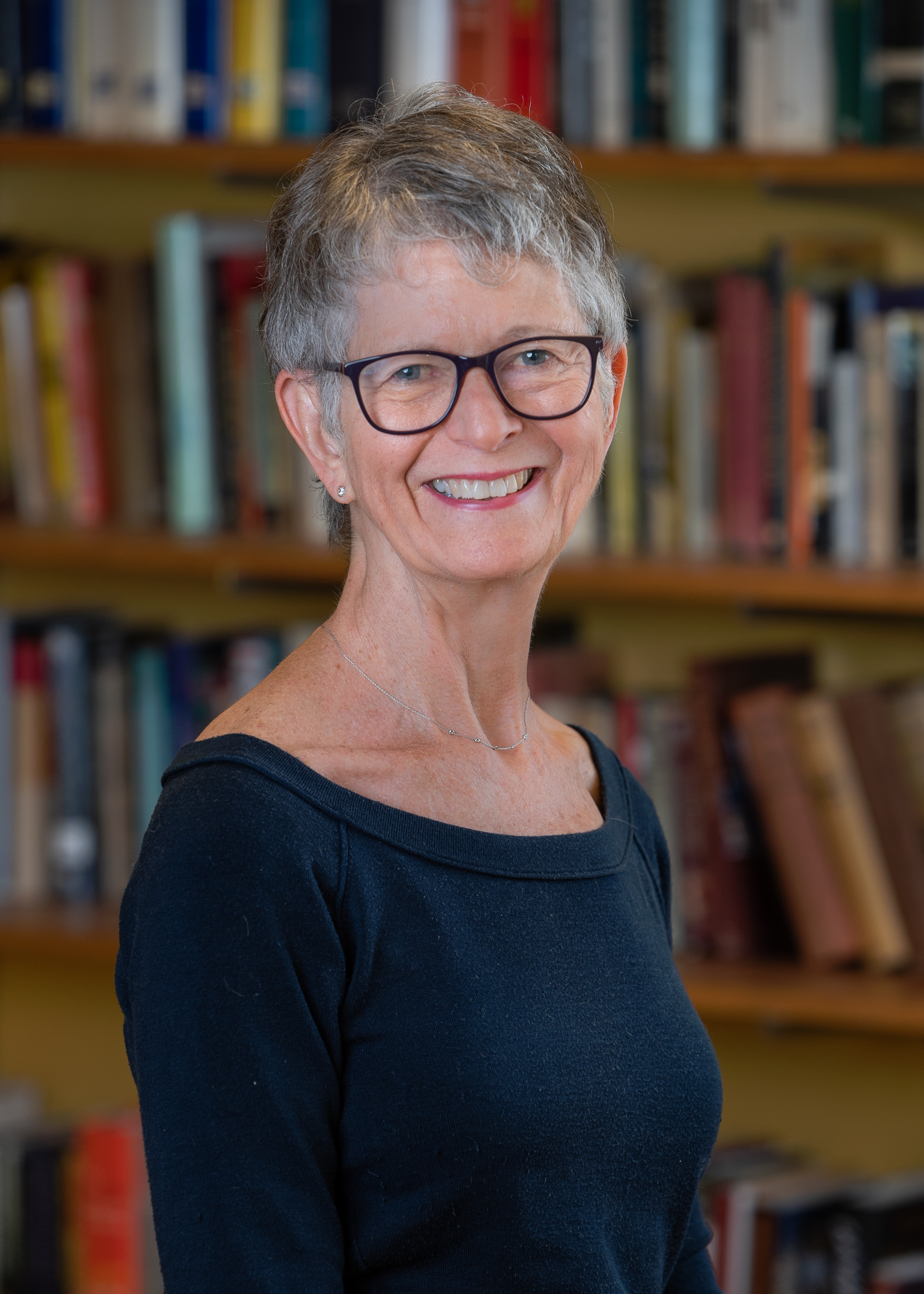
Kristina Straub
Professor Emerita
- Baker Hall 245K
- 412-268-6458
- 412-268-7989
Department of English, Carnegie Mellon University, Baker Hall 259, 5000 Forbes Avenue, Pittsburgh, PA 15213-3890
Area of Study
Emeritus
Bio
My interests are in feminist cultural studies, sexuality studies, performance studies, and 18th-century British cultural studies. My first book, Divided Fictions, was among the first feminist reconsiderations of the novelist Frances Burney, and Sexual Suspects, a book about actors and ideologies of sexuality in 18th-century Britain, helped to direct theater and feminist studies of the early modern period toward a now-burgeoning interest in sexuality in performance and popular culture. Domestics Affairs explores how labor, gender, and sexuality are integrally related in the practices and ideologies of London domestic service, and how we might think about the relation between these usually distinct categories in other historical instances. More recent research has focused on eighteenth-century Shakespeare in performance and popular culture, and I co-curated, with Janine Barchas, a 2016 exhibit at the Folger Shakespeare Library entitled, Will & Jane: Shakespeare, Austen, and the Cult of Celebrity. This research has also led to articles on cultural as well as aesthetic performances in the 18th-century playhouse. For example, how did the presence of the British militia in London theaters impact audience behavior and the performance of plays such as Shakespeare’s Macbeth?
Throughout my career, my scholarship has always connected to classroom teaching, including a cultural studies edition of Burney's first novel and more recently a collaboration with Misty Anderson and Daniel O’Quinn on two anthologies, An Anthology and Sourcebook of Restoration and Eighteenth-Century Drama and Restoration and Eighteenth-Century Drama in Performance for Routledge Press.
As emerita, I am currently working on a scholarly monograph investigating the confluence of a growing commercial culture of public knowledge, in which the theater and periodical press play key roles, with the decline of English universities from 1660-1770. Narratives about the interaction between the universities and commercial entertainment often resolve into “town versus gown.” I refigure these binaries dialectically between commercial and university cultures by examining performances and texts bringing together classical knowledge with the popular and vernacular. Women are important in the formation of public knowledge as both figures for new knowledge and as active participants, becoming forces to be reckoned with and often the focus of anxiety in masculine performances of knowledge.
I also sustain a strong commitment to collaborative work and am a member of R/18, an international collective of scholars dedicated to bringing to 21st-century stages and actor training the insights (and entertainment) afforded by a Restoration and 18th-century theatrical repertoire that has been largely ignored by elitist, sexist, and racist traditions in modern scholarship. We curate a website that provides resources for theatre teachers and makers (www.r18collective.org/), have hosted workshops and panels at Guelph University, the Newberry Library in Chicago, and St. Hugh’s College, University of Oxford. We are currently planning a collaboration with Red Bull Classical Theater in New York and the CMU School of Drama for a remote performance of Margaret Cavendish’s 1688 The Convent of Pleasure, as well as a conference at University of Oxford and a second workshop at the Newberry in fall of 2022.
Research Keywords: 18th-century British studies, gender studies, sexuality studies, performance studies
Education
- Ph.D. Emory Unversity